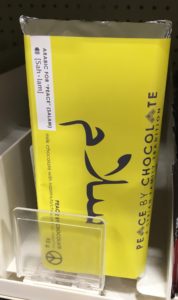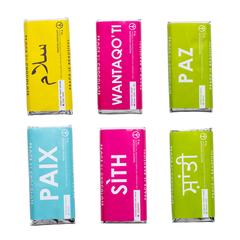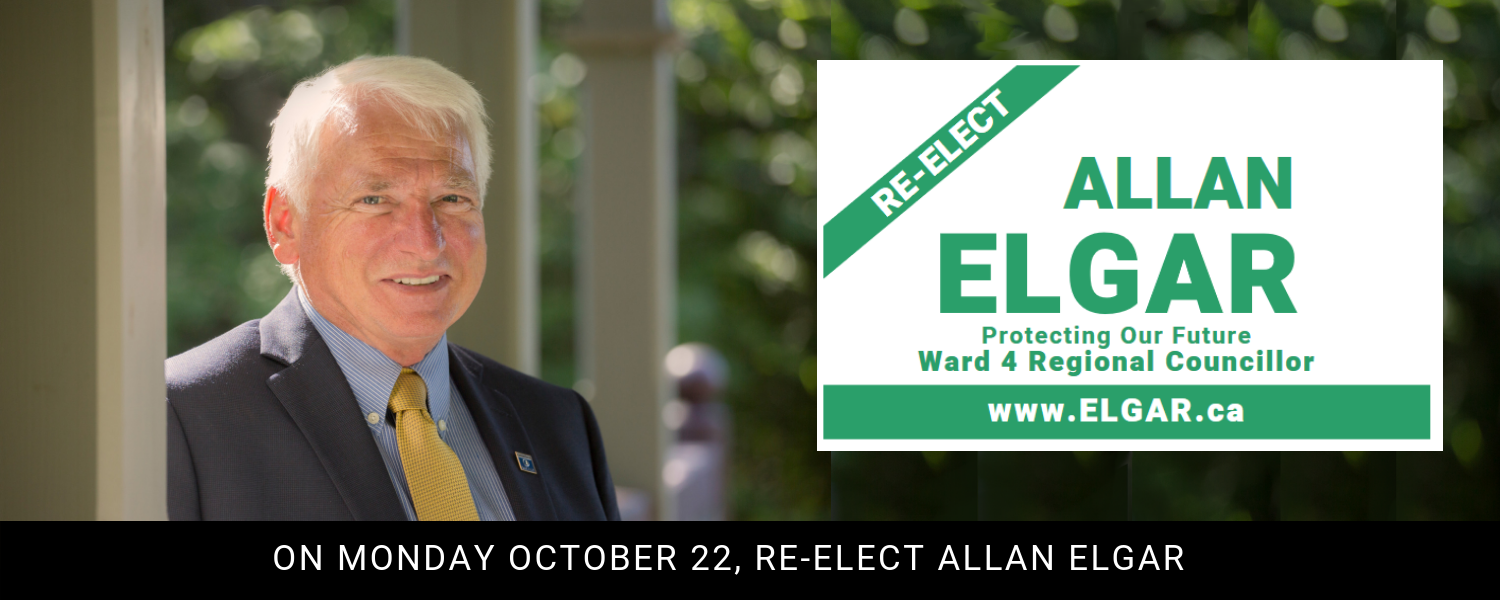Why We So Desperately Needed CBC’s “Canada Tonight with Ginella Massa”
Early this year, on January 11th to be more precise, history was made by the appearance of Ginella Massa, a Hijab-wearing television news anchor, on national TV, revolutionizing Canadian TV as we know it.
With the pandemic and the ever-changing health measures and restrictions, I can confidently say that most of us are glued to our screens, scrolling down local news in search of announcements and public health updates 24/7, and that’s how I came across Ginella Massa’s tweet announcing the airing of her show’s premiere on CBC News Network.
Ok I know #TheBachelor is on at 8pm, but maybe just for tonight you can PVR Matt and tune into my show instead? If you don’t have cable, you can sign up for a @cbcgem Premium account (1 month free) to stream live, or watch on demand tomorrow free on a basic GEM account 👍🏽 pic.twitter.com/zidLOXkIUJ
— Ginella Massa (@GinellaMassa) January 11, 2021
Needless to say, I was so happy and proud of CBC for giving a voice to a member of a visible minority. We so desperately needed a show like Canada Tonight, and we so desperately needed Ginella Massa to be its host. Let me tell you why.
Well, for starters, she’s an awesome person. Really, she’s got charisma and has this contagious smile and uplifting spirit that you connect with even through a screen. She’s MADE for this. You can sense her passion and hard work in every episode.
Having someone like her on national TV, during prime time, is huge.
Now although Canadian TV doesn’t very much lack diversity in its broad sense, but this is the first time a Muslim immigrant wearing Hijab gets to be in the spotlight. This is important as it helps concur stereotypes about Hijab being synonymous with oppression, deprivation and underachievement, because, believe it or not, many people still prejudge Hijab-wearing women and label them in the most unfair way.
But I didn’t want to write about Massa and her show just because of what she wears. I actually wanted to watch her in action, wanted to see what she was adding to the table, and I can easily say that after religiously watching the show for 3 weeks, it was apparent that it isn’t your typical news show; this show is a game-changer.
On one hand, it adds a beautiful personal touch to stories that are usually presented as nothing but news headlines, statistics and numbers. On the other hand, Massa lived up to her promise, covering stories that usually don’t get a fair chance in coverage, interviewing people of different shades, backgrounds and ethnicities, making her show an honest reflection of the beautifully diverse Canada.
I’ve become a huge fan of “Canada Tonight with Ginella Massa”, and I have to say, that when I watch her, I don’t see the veil she’s become so famous for, all I see is an extremely passionate broadcaster, a hard-working journalist, doing what she loves, and being so damn good at it.
It’s really irritating to read all the negative discouraging comments based on nothing but pure racism. I hope that viewers would finally learn to see beyond what a broadcaster looks like or what they choose to wear, and see what’s inside their mind and heart instead.
I’ve said it more than once, and I’ll say it again: Accepting someone doesn’t mean agreeing with what they believe in and what they stand for. We don’t need to share the same mindset, preferences or beliefs, but we must respect each other and accept each others’ right to be different in order to be able to coexist in peace and harmony.
It’s worth mentioning that “Ginella made history in 2015, believed to be the first television news reporter in North America to wear a hijab on-air when she was hired as a Video Journalist for CTV News in Kitchener, Ontario. She made international headlines again after anchoring the evening newscast at CityNews Toronto in 2016.” [Source: Ginella Massa]
So if you’re into powerful courageous interviews, tune in to Canada Tonight with Ginella Massa weeknights at 8 p.m. ET on CBC News Network. If you can’t watch it live, then you can stream it on CBC Gem, on this link.
I’ll leave you with Radheyan Simonpillai’s interview with the beautiful Ginella Massa, one of my absolute favorite interviews, very honest and down to earth. Hope you enjoy it.





